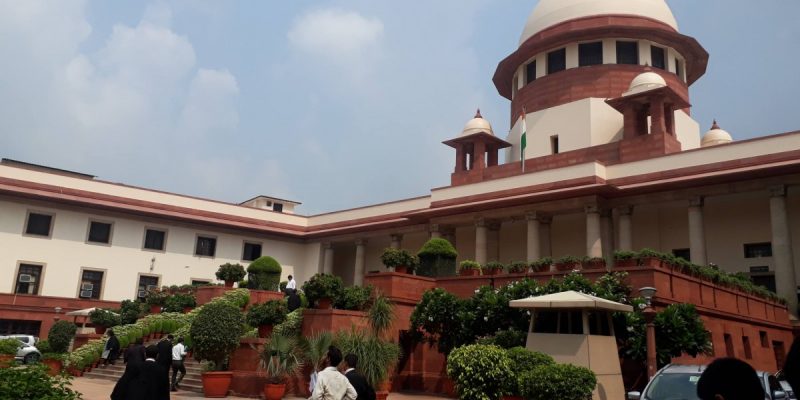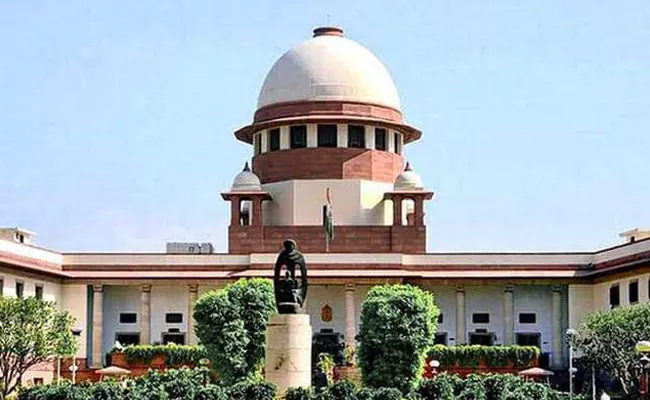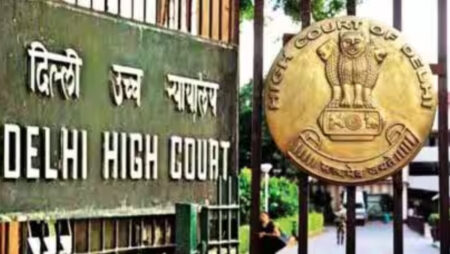The Supreme Court recently said that only law-abiding persons have access to the many safeguards afforded to citizens under the Constitution’s fundamental rights.
Justices Dinesh Maheshwari and Aniruddha Bose remarked while hearing the case of an accused prosecuted under the Maharashtra Control of Organized Crime Act of 1999(MCOCA).
The MCOCA is a rigorous anti-gangster statute in the state that restricts an accused’s access to fundamental rights that they would have enjoyed under the Indian Penal Code (IPC).

According to the Times of India, the bench was cited as stating, “Any claim to basic rights cannot be justified unless the claimant himself adheres to and submits to the legal process.”
In this case, the accused appealed a judgment of the Nagpur bench of the Bombay high court instructing the additional director general of police in Nagpur City to invoke provisions of the MCOCA against the accused and other individuals.
The supreme court determined that the defendants and others had used violence and made threats against others for financial gain or to advance in the criminal world.
Before the Supreme Court, the accused had contested the invocation of the MCOCA, alleging that the statute violated his fundamental rights, many of which he would have retained if tried under the IPC.
According to the report, in response, the bench stated in its order, “…we have no hesitation in making it clear that any person who is declared an absconder and remains out of reach of the investigating agency and thus stands directly in violation of the law, ordinarily, deserves no concession or indulgence.”

The court explained its ruling with an illustration. According to Section 438 of the Criminal Procedure Code, any ordinary defendant may petition any court for an anticipatory bail hearing (CrPC). However, the bench noted that anyone who is “absconding” and considered to be a “pronounced offender” is ineligible for bail under section 438 of the Criminal Procedure Code.
In accordance with Section 82 of the Criminal Procedure Code, if a court has probable cause to think that an accused is evading or hiding so that the warrant against them cannot be executed, the court may make a written proclamation requiring the accused to appear at a particular time and place within 30 days. This individual is considered a “declared offender.”
The court said that its views about Section 438 of the CrPC applied “with more force” to its extraordinary authority under Article 136 of the Constitution. Article 136 addresses the Supreme Court’s discretionary authority to provide special permission to appeal any order issued by a lower court or tribunal in the nation.
“The plea on behalf of the appellant for consideration of his case due to the application of strict regulations infringing on his basic rights does not mitigate the effect of the appellant’s culpable behavior,” the newspaper reported the court judgment as stating.
About this “blameworthy behavior,” the court reviewed the accused’s crime chart and remarked that it left “nothing to dispute” regarding the accused’s participation in crimes and illegal actions through which the accused sought “pecuniary advantages” or dominance leading to undeserved benefits.
Read More : IISc team develops data encryption , security device













